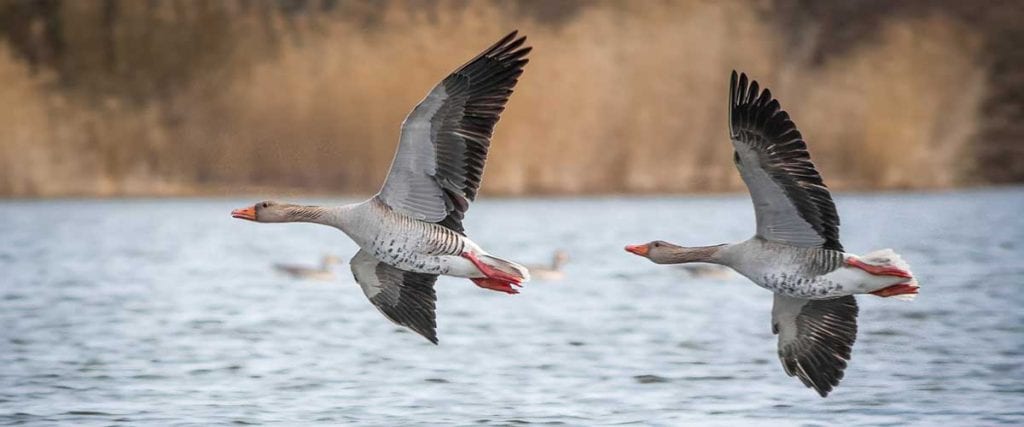General licences
The beginning and why we need them

Ian Danby
History of general licences
Until 1990, 13 species of birds were included on a pest bird schedule within the Wildlife and Countryside Act 1981. These birds could be killed all year round if you were an authorised person which was, in short, if you had permission from the landowner.
In June 1990, Britain was threatened with action by the European Court of Justice because it had not imposed a closed season during the breeding season of these pest species, as required under international agreements and of the EU Birds Directive.
The government at the time was under considerable pressure and announced licensing in September 1990. But this was too bureaucratic and would have resulted in all pest birds being given a closed season to protect them when breeding but then a special licence to enable shooting within it.
BASC, together with representatives of the farming community, persuaded the UK government that a better tactic was to challenge this and to try to secure a change in the Birds’ Directive rather than UK domestic law.
After much discussion between the UK government and their European counterparts, and following pressure from BASC, it was agreed we could gain an exemption from the regulations. This gave rise to the opportunity for general licences. The success and continuance of the general licences rested on an agreement between shooters, farmers and conservationists.
An important point to make here is that relevant ministers had to agree that pest species were causing damage and other means of control wouldn’t work. Once agreed, the minister would then sign off on the licence for another 12 months.
Evolution of general licences
Over the years, general licences have evolved from a sheet of A4 into a very complicated set of documents. It’s fair to say that we need a clear set of rules that can be understood and agreed by all interested parties.
With the legal challenges of 2019 seeing licences revoked in England and reviews and adjustments in other home countries BASC gathered a massive array of data information and submitted to government consultations to make the case for simple and clear general licences.
Many members did answer our call to complete surveys or gave evidence directly to the consultation. Together we gave powerful and compelling evidence for government to consider in its reviews and we received licences that met the core needs for pest control.
However, the fight is not done and in England, Defra was indicating late last year that they may not be able to get new licences out for when the then current ones expired at the end of last month. BASC has repeatedly called for an end to this uncertainty with the implementation of licences that are both fit for purpose and future proofed.
We put substantial pressure on all levels of government with our clear logic to extend those licences to avoid the terrible chaos caused by the revocation of licences last year. The result is that they have done exactly what we campaigned for and extended all English general until the end of July.
Those that issue general licences know full well we will continue to work with them and yet continue to hold them accountable to provide the robust and clear general licences our countryside needs to regulate pest birds. If it this takes another year then so be it for the sake of our countryside and the people who live and work in it. In other words, let’s get it right!
Evidence for general licences required
We must not lose sight of what the licences were originally intended to do. They allow lethal control of certain birds for specific purposes such as conservation and to prevent serious damage where it is clear that damage is being or is likely to be caused by these pest birds, and where other means of control wouldn’t work.
In some cases, it’s a clear argument. Woodpigeon cause significant damage to crop all year round and there is plenty of well-documented evidence to support this.

Evolution of general licences
In certain cases, a general licence is not warranted because although there is evidence of serious problems, it is not a home country scale. This is where there is a requirement for the application of an individual licence. When applying, you need to evidence the problem and any potential solutions that have been considered or tried.
So, as you can see it can get very complicated and each scenario is different. We need clear rules, backed up by an efficient service both for general licences and for individual licences with minimal bureaucracy and delay. And, it is that that BASC is campaigning for.
